Custom Hardcover Journal Printing
In today's digital age, where we are constantly bombarded with screens and notifications. There is something refreshing about putting pen to paper and jotting down our thoughts, ideas, and dreams. A custom hardcover journal is the perfect companion for this purpose, offering durability, style, and a personal touch.
In this article, we will explore everything you need to know custom hardcover journals printing, like factors that affect their printing cost, popular cover and inner paper options, post-press finishing options,etc.
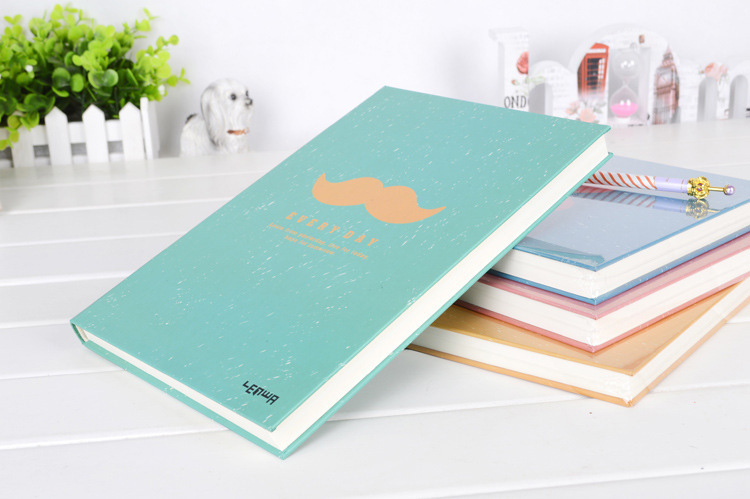
Benefits of custom hardcover journal
Custom hardcover journals offer a multitude of benefits compared to their softcover counterparts.
Firstly, the hardcover provides durability and protection. Ensuring that your cherished thoughts and memories are preserved for years to come. Whether you carry it in your bag or leave it on your desk, a hardcover journal can withstand the wear and tear of daily use.
Secondly, custom hardcover journals exude a sense of elegance and sophistication. With a plethora of design possibilities, you can create a journal that reflects your personality or brand identity. From embossed logos to foil stamping, the options are endless. Imagine the satisfaction of opening a beautifully crafted hardcover journal, knowing that it is uniquely yours.
Furthermore, a custom hardcover journal elevates your writing experience. The sturdiness of the hardcover provides a stable surface for writing. Making it easier to capture your thoughts without the hassle of finding a solid base. Additionally, the weight and texture of the hardcover add a tactile dimension to your writing journey, enhancing the overall sensory experience.
Factors affecting the cost of hardcover journal printing
There many factors that influence hardcover journal printing cost.
Printing quantity
One of the primary factors is the quantity of journals you wish to print. Larger quantities often result in lower unit costs, as the printing process becomes more efficient. On the other hand, printing a small batch of custom hardcover journals may incur higher per-unit costs.
Complexity of your journal design
Another factor to consider is the complexity of your design. Intricate artwork, multiple colors, and special finishes such as embossing or spot UV coating require additional production steps, which can increase the overall printing cost. It is crucial to strike a balance between aesthetics and budget to create a stunning custom hardcover journal that meets your requirements.
Material choice
The choice of materials also plays a significant role in the cost of hardcover journal printing. Premium cover materials such as leather or linen tend to be more expensive than standard paper options. Similarly, the selection of inner paper, whether it is plain, lined, or grid, can affect the overall cost. It is essential to communicate your preferences to the journal printing company to find a balance between quality and affordability.
Popular cover and inner paper options for custom hardcover journal
When custom hardcover journal printing, the cover and inner paper options are crucial for creating a visually appealing and functional product. Let's explore some popular choices in both categories.
Cover Options
Pu Leather: Known for its timeless elegance, leather covers add a touch of luxury to your custom hardcover journal. Whether you prefer genuine or faux leather, it offers durability and a sophisticated look.
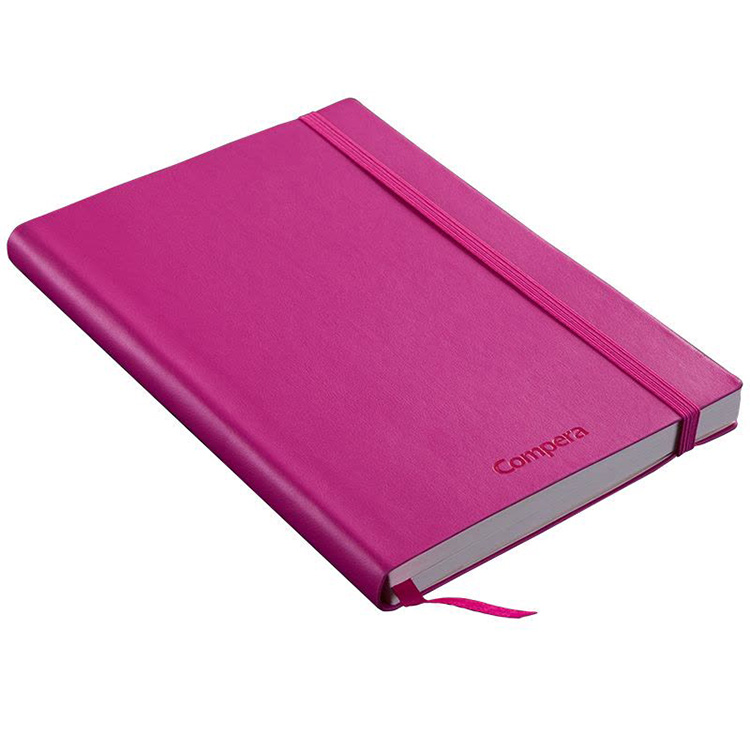
Linen: Linen covers provide a more textured and earthy feel. They are available in various colors and offer a unique tactile experience, making your journal stand out.
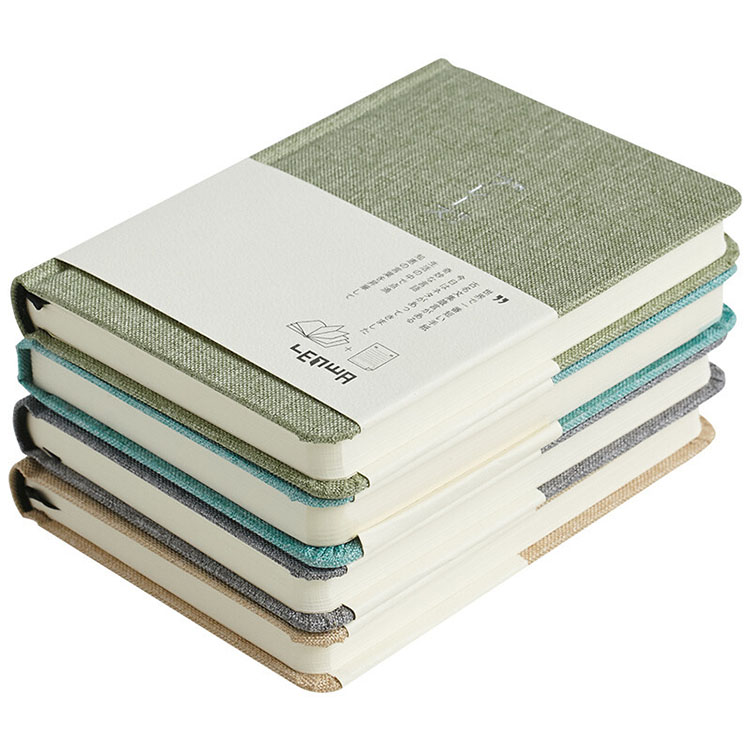
Hardboard: If you are looking for a more contemporary and eco-friendly option, hardboard covers are an excellent choice. Made from recycled materials, they offer a sleek and modern aesthetic.
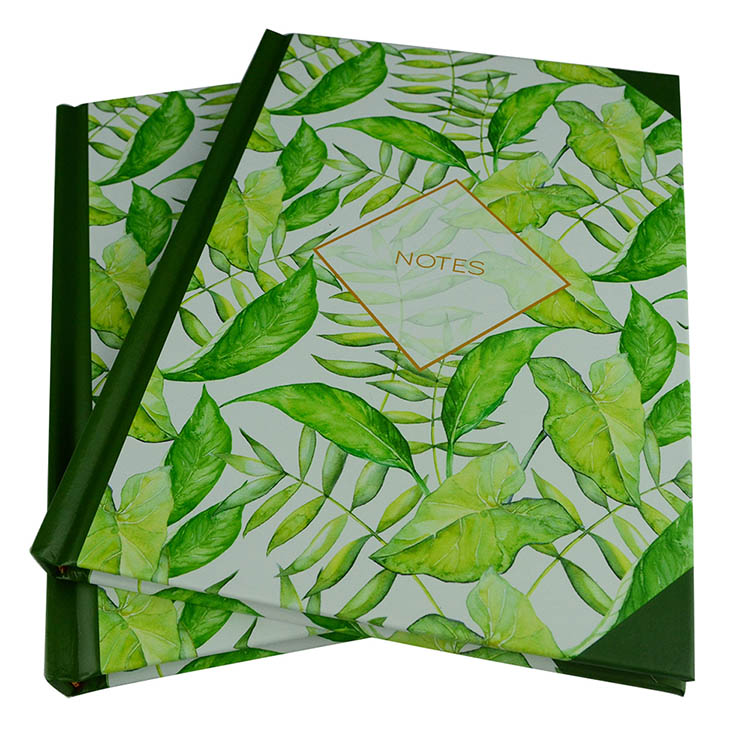
Inner Paper Options
Wood-free paper: Wood-free paper also known as uncoated paper. Due to the surface is uncoated, which provides more friendly reading and writing experience, make it ideal for custom journal printing. The common paper weight for custom hardcover journal printing are 80gsm, 100gsm, 120gsm uncoated paper.
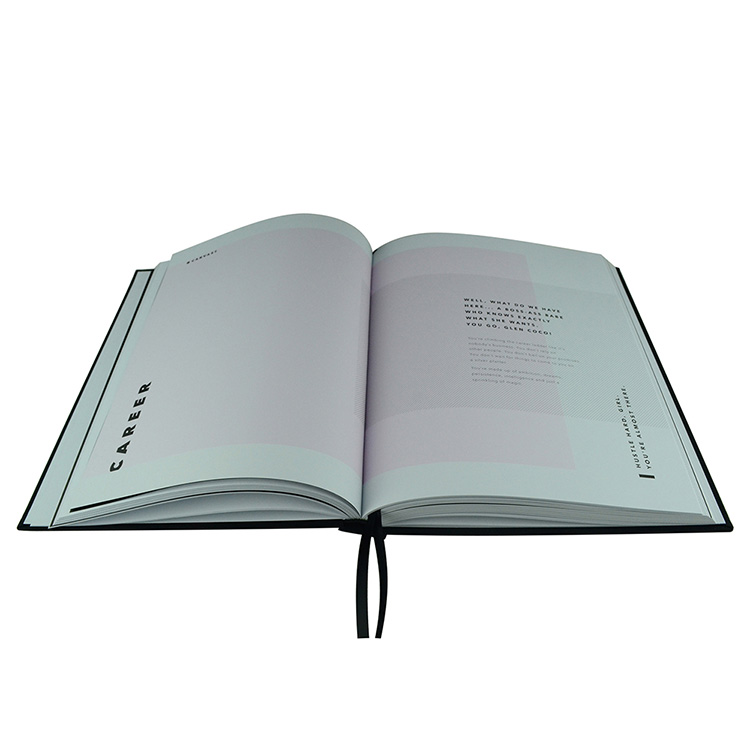
Post-press finishing options for custom hardcover journal
Once the custom hardcover journals are printed. Various post-press finishing options can enhance their appeal and functionality. Let's explore some popular choices.
Embossing and debossing
Embossing and debossing are techniques that create a raised or depressed design on the cover of the journal. These finishes add a tactile element, making your journal visually striking and inviting to touch.
Foil stamping
Foil stamping involves applying a thin layer of metallic or colored foil to specific areas of the journal cover. It adds a touch of elegance and can be used to highlight important elements such as logos or titles.
Spot uv coating
Spot UV coating is a glossy finish applied to specific areas of the journal cover, creating a contrast between matte and shiny surfaces. It adds a sophisticated and eye-catching effect, drawing attention to specific design elements.
Ribbon bookmark
A ribbon bookmark is a practical and stylish addition to a custom hardcover journal. It allows you to easily mark your page and adds a touch of luxury to the overall design.
Popular sizes of custom hardcover journal
Custom hardcover journals come in a variety of sizes to suit different needs and preferences. Some popular sizes include:
A5: A versatile and portable size, A5 journals are ideal for everyday use. They offer enough space for writing and sketching, while still fitting comfortably in most bags.
B6: Slightly smaller than A5, B6 journals are compact and easy to carry. They are perfect for those who prefer a more lightweight option without compromising on functionality.
A4: A4 journals provide ample space for those who need more room for writing, drawing, or planning. They are ideal for artists, designers, or anyone who requires a larger canvas.
How to design artwork for hardcover journal printing
Designing artwork for custom hardcover journal printing requires careful consideration. To ensure a visually appealing and cohesive final product. Here are some tips to guide you through the process:
Define your purpose:
Determine the intended use of your custom hardcover journal. Is it for personal journaling, professional note-taking, or promotional purposes? Understanding the purpose will help you create a design that aligns with your goals.
Create a layout:
Plan the layout of your journal, including page numbers, headers, footers, and any other desired elements. Consider the placement and size of your artwork to ensure it complements the overall design.
Choose complementary colors:
Select a color palette that reflects your personal style or brand identity. Use colors that harmonize with each other and evoke the desired emotions or associations.
Consider typography:
Choose fonts that are legible and appropriate for the content of your custom hardcover journal. Experiment with different font sizes and styles to create a visually appealing hierarchy.
Add personal touches
Incorporate personal elements such as quotes, illustrations, or photographs to make your custom hardcover journal truly unique and meaningful.
In conclusion, custom hardcover journal printing offers a multitude of benefits, from durability and elegance to an enhanced writing experience. With a custom hardcover journal, you can embark on a writing journey that is not only functional but also a reflection of your individuality or brand identity. So why wait? Start creating your custom hardcover journal today and bring your thoughts and ideas to life.
By using this site you agree to this Privacy Policy. Learn how to clear cookies here
フィリーズが今、注目を集める理由 Statkraft: The Green Energy Giant Illuminating the Future FOR SAUDI AND MIDDLE EAST CITIZENS - VIETNAMESE Official Urgent Electronic Visa - eVisa Vietnam - Online Vietnam Visa - تأشيرة فيتنام الإلكترونية السريعة والسريعة عبر الإنترنت، تأشيرة السياحة والأعمال الرسمية للحكومة الفيتنامية The Extraordinary Life and Legacy of Darail Mora Figueroa Darail Omelichev's Unforgettable Trip of a Lifetime Darail Woltemath: The Modern Day Renaissance Man Kenny Etheridge Plumbing Aleksander Kwaśniewski - Polski Polityk i Były Prezydent Polski "Brugge mot Bodø/Glimt"